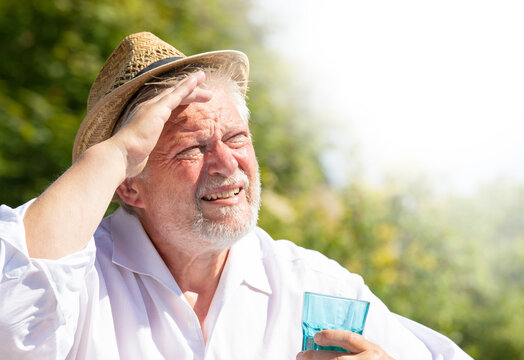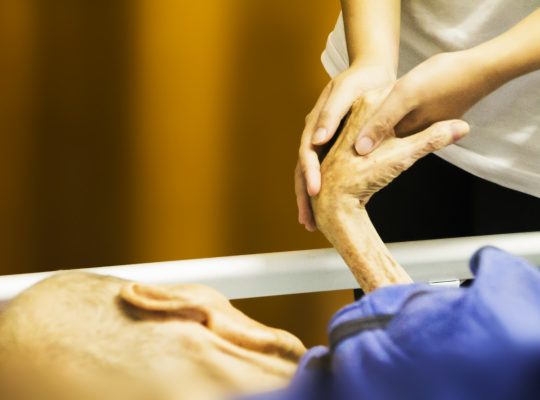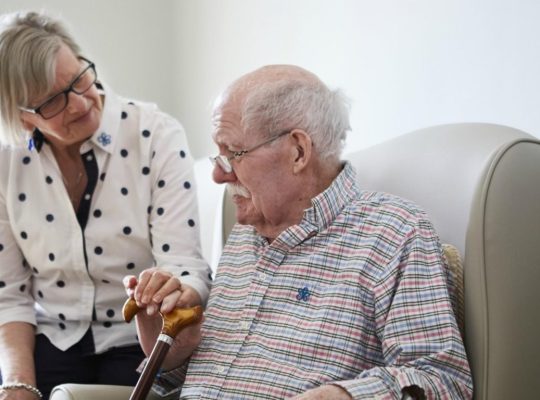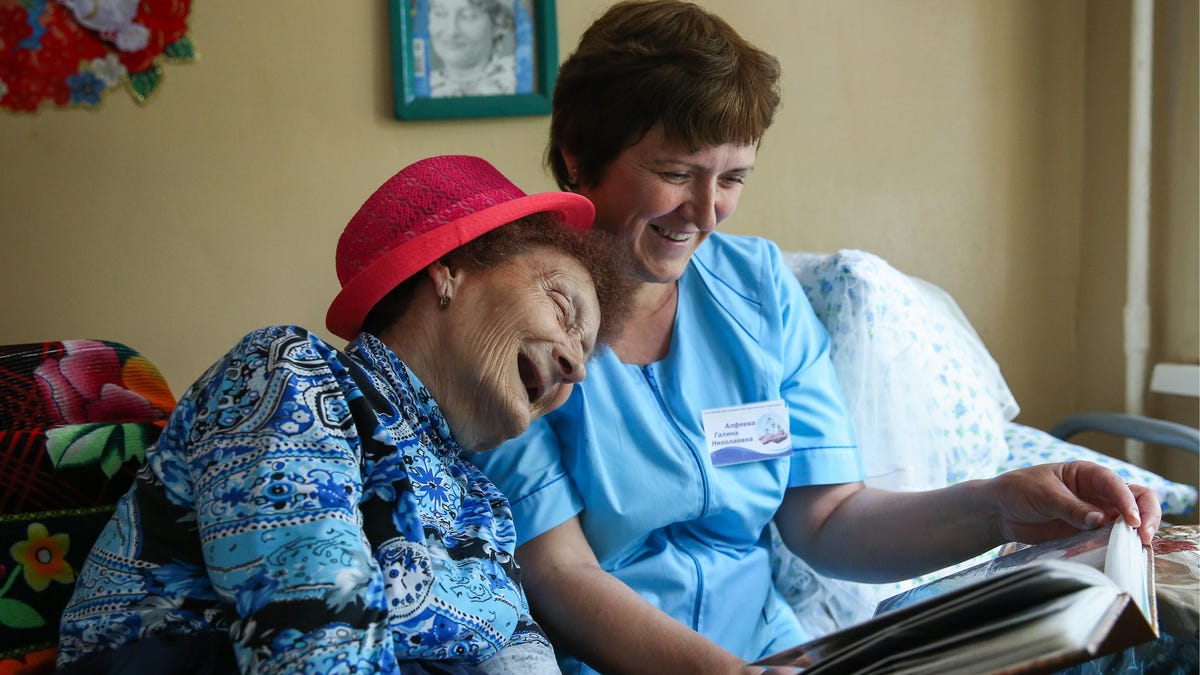Heat is dangerous, and the elderly are especially vulnerable to its effects; Climate Central reports that 12,000 Americans die each year from heat-related causes. More than 80% of the victims are over the age of 60.
During the summer, the elderly are at greater risk for heat stroke and other life-threatening illnesses. Luckily, with a few simple precautions and learning about the risks associated with heat and the elderly, you can keep your loved ones safe during the summer.
Preparation is key to maintaining a balance between fun and sunbathing. Keep your loved ones safe this summer by knowing how to prevent heat-related illnesses such as heat stroke and exhaustion.
-
Drink Plenty of Fluids To Prevent Dehydration in the Elderly
Dehydration in the elderly is the root cause of heat-related health problems. It deprives the body of essential salts and minerals. Dehydration can cause dizziness, fatigue, headaches, and other health problems in the elderly. Severe or prolonged dehydration can lead to hospitalization, cystitis, and kidney stones.
Be sure to choose beverages that keep you hydrated.
- 100% fruit juice drinks such as pure orange juice or apple juice
- Sports drinks high in electrolytes
- Coconut water
Avoid drinks that lead to dehydration.
- Alcohol
- Beverages containing caffeine
2) Stay Indoors During Daylight Hours
During the hottest part of the day, the best time to go outdoors is before 10:00 a.m. and after 6:00 p.m., when temperatures tend to be more relaxed. To keep indoors cool, observe the following:
- Close windows and shutters during the day
- Take cool baths or showers
- Sleep in the coolest room and use light bedding.
- Switch off artificial lighting and electronic devices.
3) Take It Easy and Avoid Exposure to Heat
Remember, keeping summer calm improves older adults’ health and energy levels. Exposure to the sun overworks the body to cool down. It also increases heart rate and metabolic rate. This is why we can feel fatigued just sitting outdoors.
When humidity and dew point are high, it is best to relax and avoid certain outdoor activities such as exercise, gardening, lawn care, and home repairs.
4) Regular Visits to the Elderly
During the warmer months, call or visit the elderly regularly. Remember to take these considerations into account.
- Make sure they are drinking water and staying hydrated.
- Suggest their favorite beverage or hydration food if they are not drinking enough water.
- Ask how much time they spend outdoors. Do they use sunscreen, hats, or sunglasses?
- Ensure that they have air conditioning and fans.
5) Eat Healthy and Hydrating Foods
There are many fruits and vegetables that not only increase water intake, but also help keep your loved ones nourished and hydrated. Whether as a snack or a side dish to a meal, we encourage you to take advantage of these options. You can also cut up some of these options and add them to water for extra flavor.
6) Wearing Appropriate Clothing
When it is hot out, it is essential to choose your attire carefully. This seemingly small decision can make a big difference. Clothing and accessories such as umbrellas can help cool you down and prevent sunburn and heat stroke. Choose the following
- Light-colored clothing
- Lightweight fabrics and materials
- Loose-fitting, form-fitting clothing
- Hats and sunglasses
7) Stay Calm and Avoid Exposure to Heat
Remember that staying calm in the summer improves older adults’ health and energy levels. When exposed to the sun, the body has to overwork to cool down. It also increases heart rate and metabolic rate. This is why we can feel fatigued just sitting outdoors.
When humidity and dew point are high, it is best to relax and avoid certain outdoor activities such as exercise, gardening, lawn care, and home repairs.








[…] below, and tell us what you want to read next and if you want to read more about sending your kids to […]